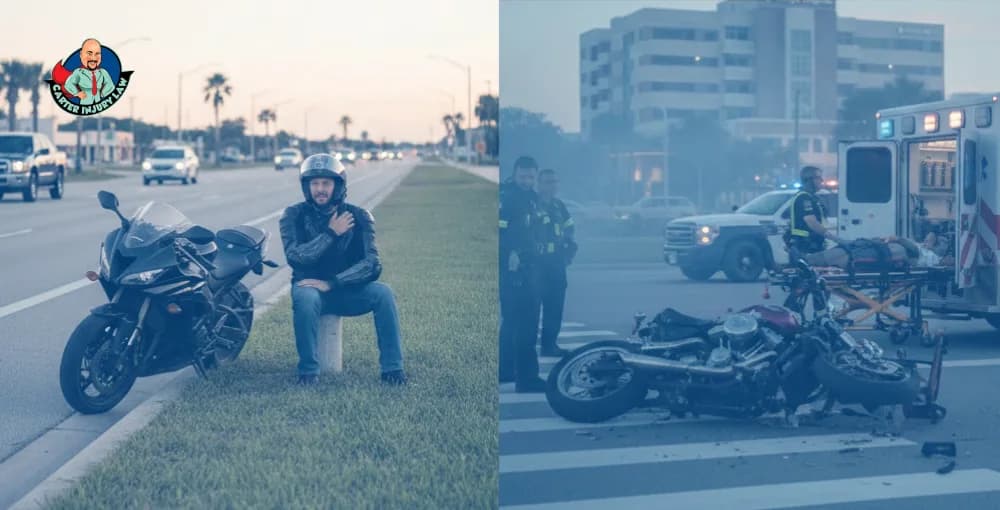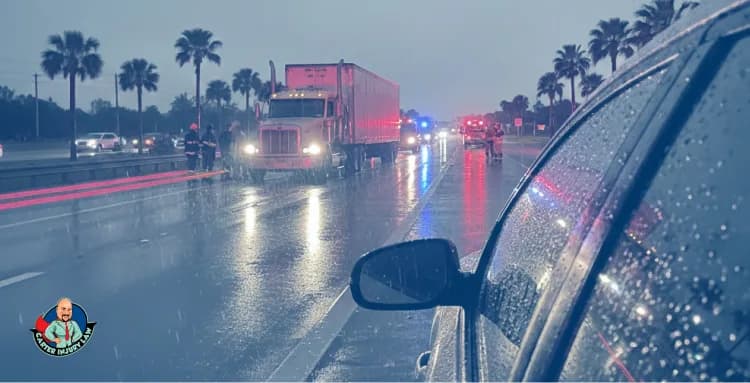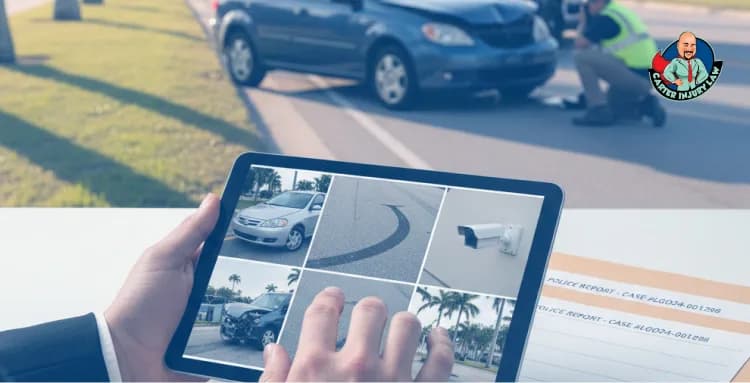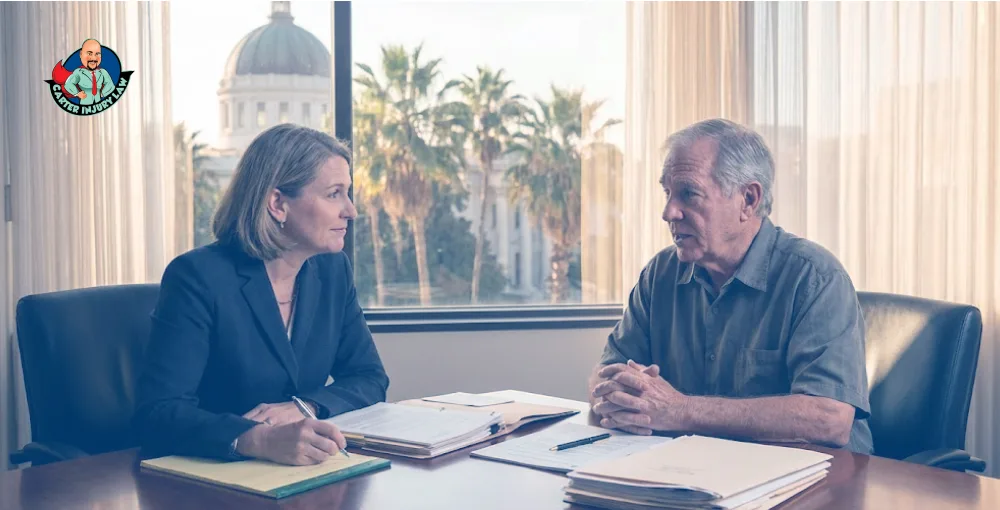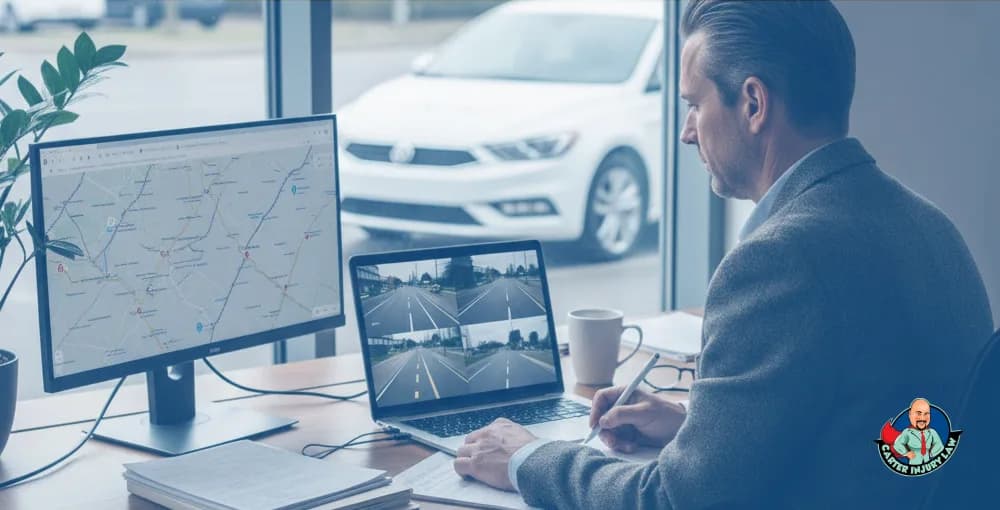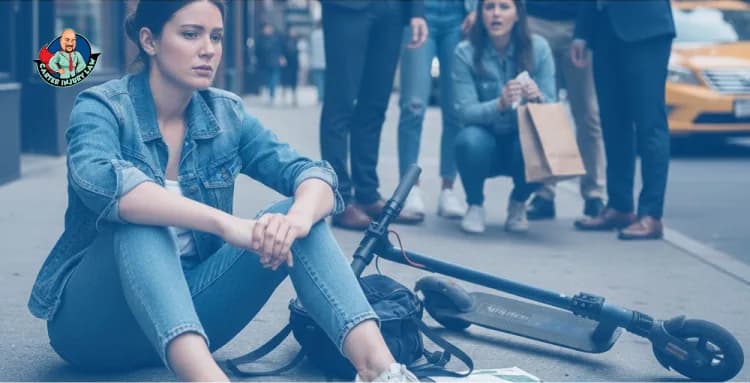Families rarely imagine that a simple fall could take someone’s life, yet across Florida these accidents happen in hotels, apartment complexes, shopping centers, and even vacation rentals. The aftermath is brutal. Loved ones are left reeling with grief, bills stack up overnight, and a single question takes hold: how could this have been allowed to happen?
The truth is, these tragedies are not always random. Property owners are legally bound to maintain safe premises. When they cut corners or ignore warning signs, the risk of disaster climbs. Loose handrails, poor lighting, crumbling steps, or outdated guardrails might sound like small issues, but they can make the difference between a safe evening and a fatal fall.
So when a family is left asking who should be held accountable, the law has an answer. The only question is whether someone failed to act before it was too late.
1) The Duty Every Property Owner Owes
Property owners in Florida carry a responsibility that goes far beyond collecting rent or hosting guests. Whether the building is a beachfront hotel, a suburban apartment complex, a bustling shopping center, or a trendy Airbnb, the law requires that these spaces remain safe for anyone who steps inside.
At the core of this duty is premises liability law, a set of rules that hold owners accountable if their negligence leads to injury or death. It is about reasonable care. If a hazard is visible, known, or should have been noticed, owners are expected to fix it before it turns into a life-threatening problem.
According to the Florida Department of Health, falls are the leading cause of injury-related death among adults over 65, with more than 3,000 deaths annually in the state. Nationwide, the toll reaches over 12,000 lives each year, and thousands more occur in shared or public spaces.
The list of what owners must monitor is not short:
Staircases must meet current building codes
Railings must be stable and regularly inspected
Broken or uneven steps must be repaired immediately
Lighting must be adequate to prevent hidden risks
Balconies must have guardrails at the required height
Each of these details seems small on its own, but together they decide whether a staircase is safe or a balcony becomes a death trap. And when a property owner cuts corners, the consequences can be irreparable.
If you’d rather set my words aside and hear it directly from Robert Johnson at Carter Injury Law, here’s the short video
2) Negligence, Plain and Simple
The law does not punish property owners for every accident. Instead, it asks a sharper question: did the owner know, or should they have known, about the danger? If the answer is yes, and they failed to act, that inaction is negligence.
Negligence is not always obvious, but it often hides in plain sight. The warning signs are there, but they get ignored until it is too late. Families left behind after a fall often discover that the hazard had been flagged before or was so clear that any responsible owner would have fixed it.
Common examples of negligence include:
Loose or missing handrails on staircases
Balcony guardrails that are too low to meet code
Stairs that are cracked, uneven, or dangerously slippery
Stairwells without lighting, leaving steps invisible at night
Outdated construction that fails modern safety standards
In Florida, these numbers are magnified by the state’s reliance on high-rise condos, hotels, and vacation rentals, where stairs and balconies are everywhere.
When owners overlook hazards like these, they are legally liable. And that liability can open the door to a wrongful death claim that forces them to answer for what happened.
3) When Corners Are Cut, Lives Are Lost
Accidents often start as ordinary moments, but when safety is ignored, the results can be devastating. Imagine someone staying in a beachfront condo, leaning casually against the balcony railing, only for it to give way. A single misstep, a moment of trust, and a life is lost. The tragedy is not always obvious until the investigation begins, and that is when liability comes into focus.
Or picture a guest at a restaurant, navigating a dark stairwell with no lighting and no handrail. One slip, one fall, and the outcome could be fatal. In situations like these, responsibility is rarely limited to one party. The property owner may be liable for failing to maintain safe conditions, the management company might share blame for neglecting inspections or repairs, and even a third-party contractor could be responsible if faulty construction or poor maintenance contributed to the hazard.
Our role is to carefully piece together the chain of events. We investigate, uncover who ignored warnings, and ensure accountability is assigned where it belongs.
4) The Cost for Families
When a deadly fall happens, the story does not end at the accident scene. For families, it is only the beginning of a long and painful aftermath. The grief is overwhelming, but layered on top of that are practical burdens that strike with equal force.
Medical expenses can start piling up immediately, especially if there was an emergency attempt to save the victim’s life. Even after death, families are faced with funeral and burial costs that can reach thousands of dollars within days. For many, this sudden financial blow comes at the exact moment they are least able to handle it.
The loss of income is another crushing weight. If the person who died was the primary earner, a household can go from stable to uncertain overnight. Spouses, children, and dependents are left without the financial support they relied on. According to the National Vital Statistics System, falls are among the top three causes of unintentional injury deaths in the United States, leaving thousands of families each year facing not only grief but financial devastation.
A wrongful death claim is designed to help recover these losses. Families may be entitled to compensation for:
Funeral and burial expenses
Outstanding medical bills
Loss of financial support and benefits
Pain and suffering
Emotional loss and companionship
It is not about replacing a loved one, because no amount of money can do that. It is about giving families the stability to move forward without being crushed under bills and uncertainty. Most importantly, it is about sending a clear message that negligence has consequences.
5) Why Accountability Matters
At first glance, a wrongful death claim looks like a personal fight for one grieving family. But the ripple effects stretch far beyond a single household. These cases are about accountability, and accountability changes behavior.
When a property owner is forced to answer for negligence in court, it sends a signal to every other landlord, hotel operator, and management company watching. Cutting corners is no longer just risky, it is expensive. That pressure raises the standard of safety for everyone.
It also protects families in the future. A repaired balcony railing, a newly lit stairwell, or updated building codes may prevent the next tragedy entirely. In that sense, every case is not just about one victim, it is about creating a safer environment for all who come after.
There is another layer, too. Families who pursue claims are often told they are “just looking for money.” That is a myth. The reality is that these lawsuits are about financial survival. Covering funeral costs, replacing lost income, and finding the resources to keep life on track. At the same time, they make sure the people who failed to act cannot quietly move on without consequences.
As one Florida building safety report noted, nearly 70 percent of structural failures investigated in the past decade were linked to ignored maintenance or outdated codes. That is not chance, it is choice. And when choices cost lives, justice requires a response.
6) What Families Can Do
For families who have lost someone in a fall, the days and weeks that follow are filled with grief and confusion. Legal questions may feel overwhelming, especially when the focus should be on mourning and healing. Still, understanding your rights is the first step toward protecting your future.
When you contact Carter Injury Law, there is no payment required unless we win your case, and there is no pressure to commit. Instead, families receive honest guidance about whether negligence may have played a role and what legal options exist.
Our role is not only to investigate but also to shoulder the burden that families should not have to carry. This includes gathering evidence, consulting experts, identifying every responsible party, and building a case for accountability. While we work, families can focus on honoring their loved one and finding space to heal.
The types of support a family may gain through Our legal action include:
Answers about how and why the fall happened
Financial recovery for funeral and burial costs
Compensation for lost income and support
Recognition of the family’s pain and suffering
A measure of justice that helps prevent future negligence
No lawsuit can erase the loss, but it can stop unsafe conditions from being ignored again. It can also give families the stability they need to move forward without fear of financial ruin.
If you are unsure whether a fall could have been prevented, reaching out for answers costs nothing. The right guidance may be the difference between carrying the burden alone and finding both justice and closure.




